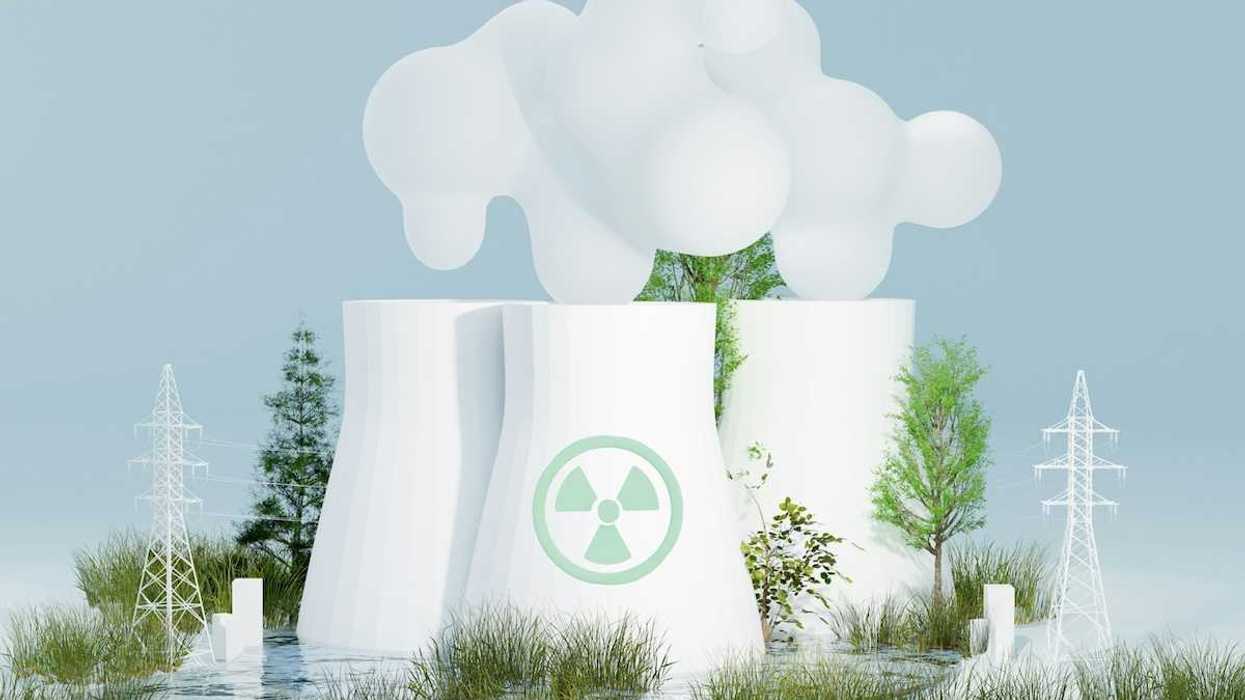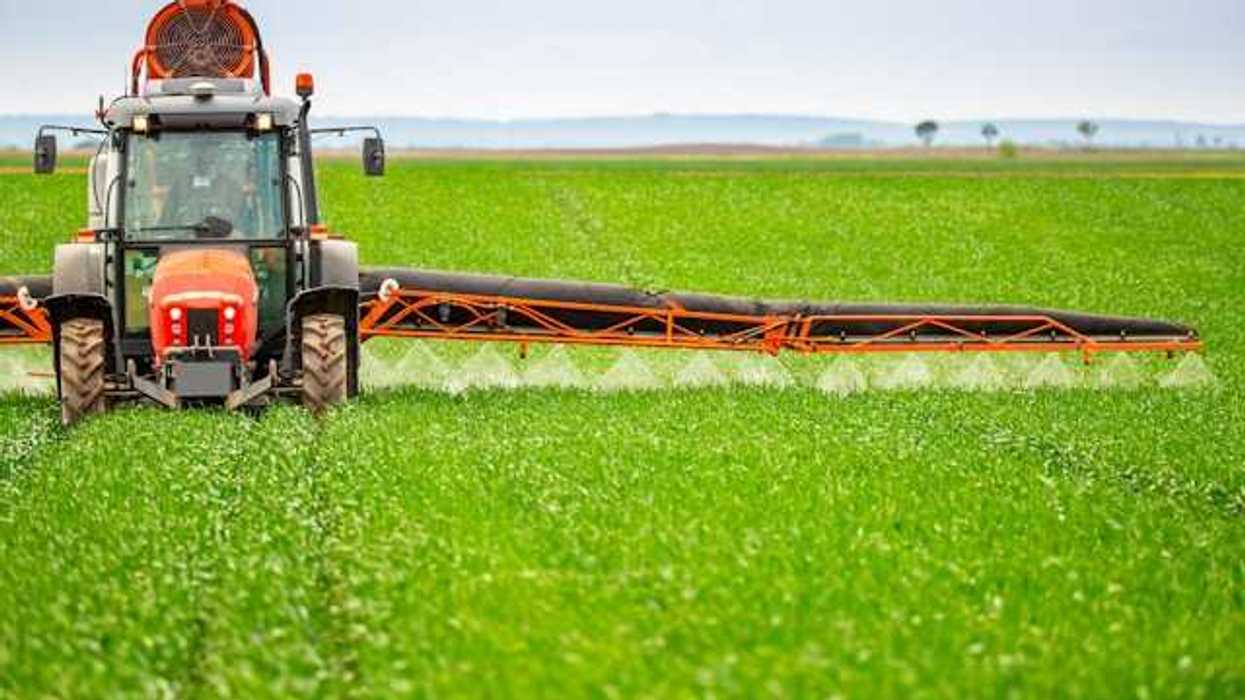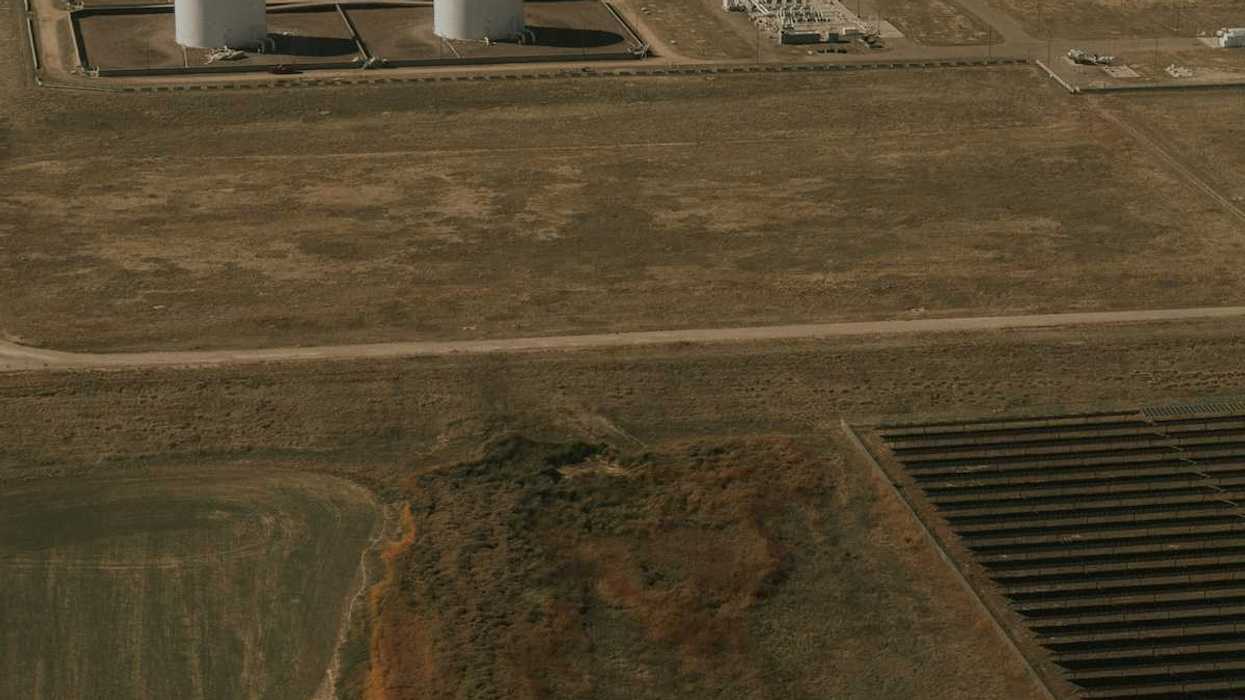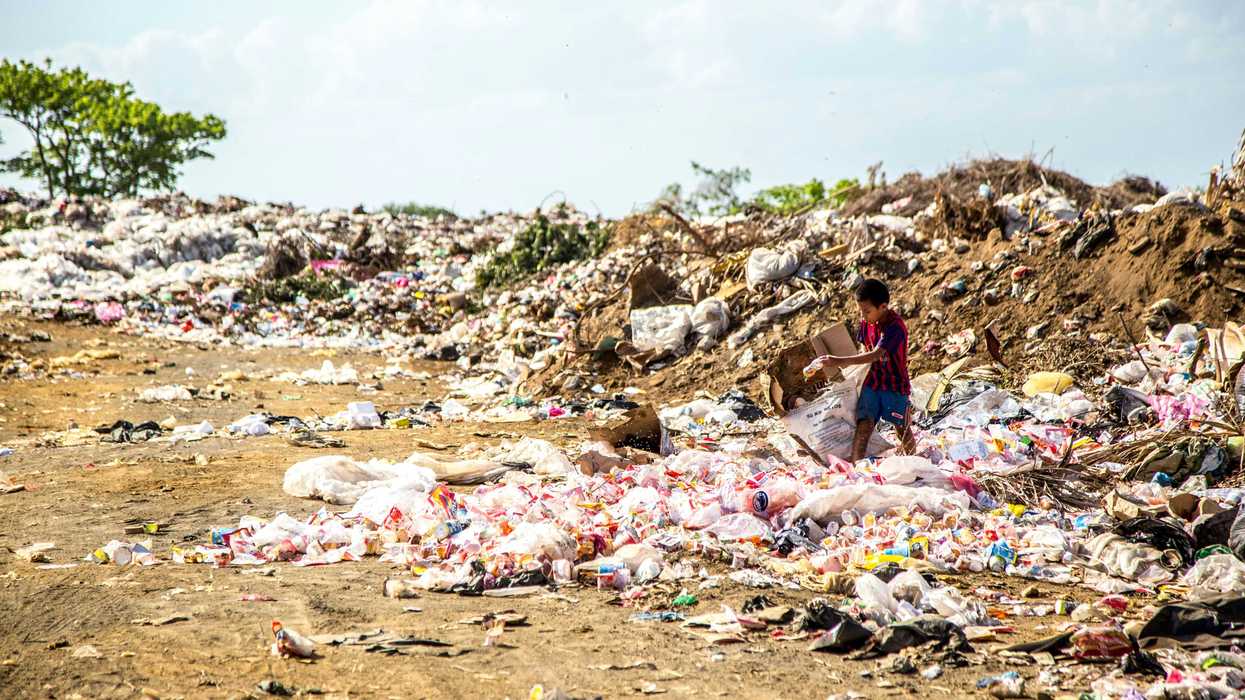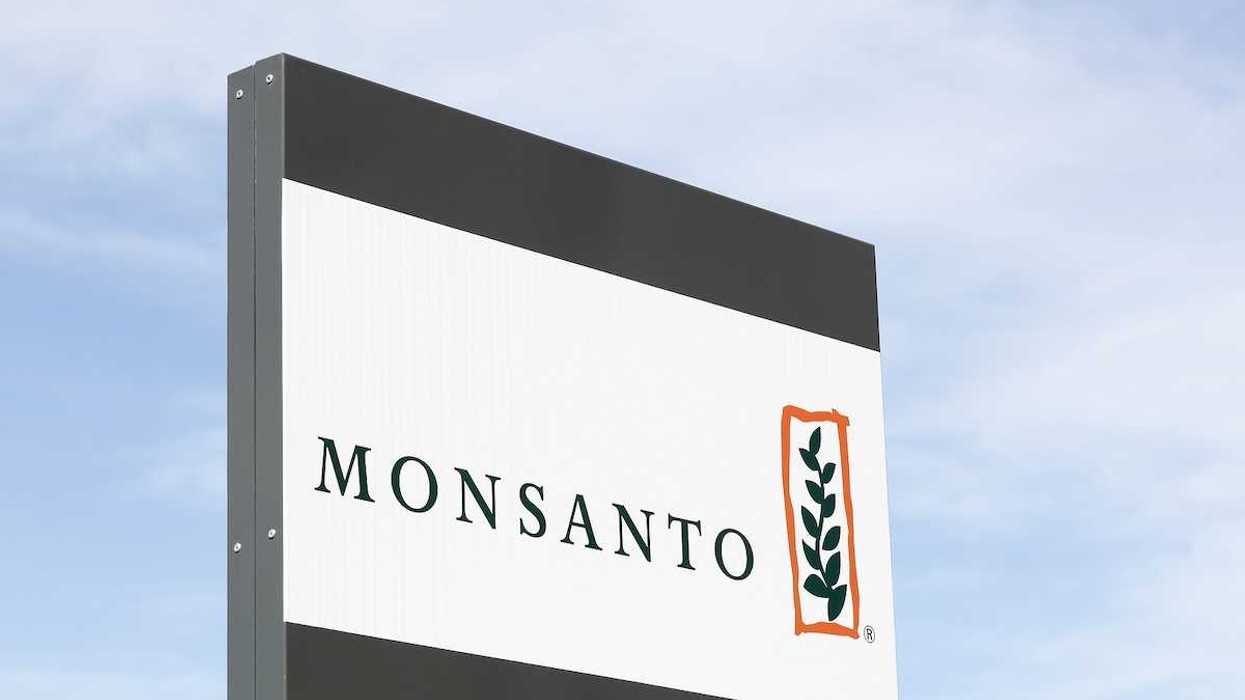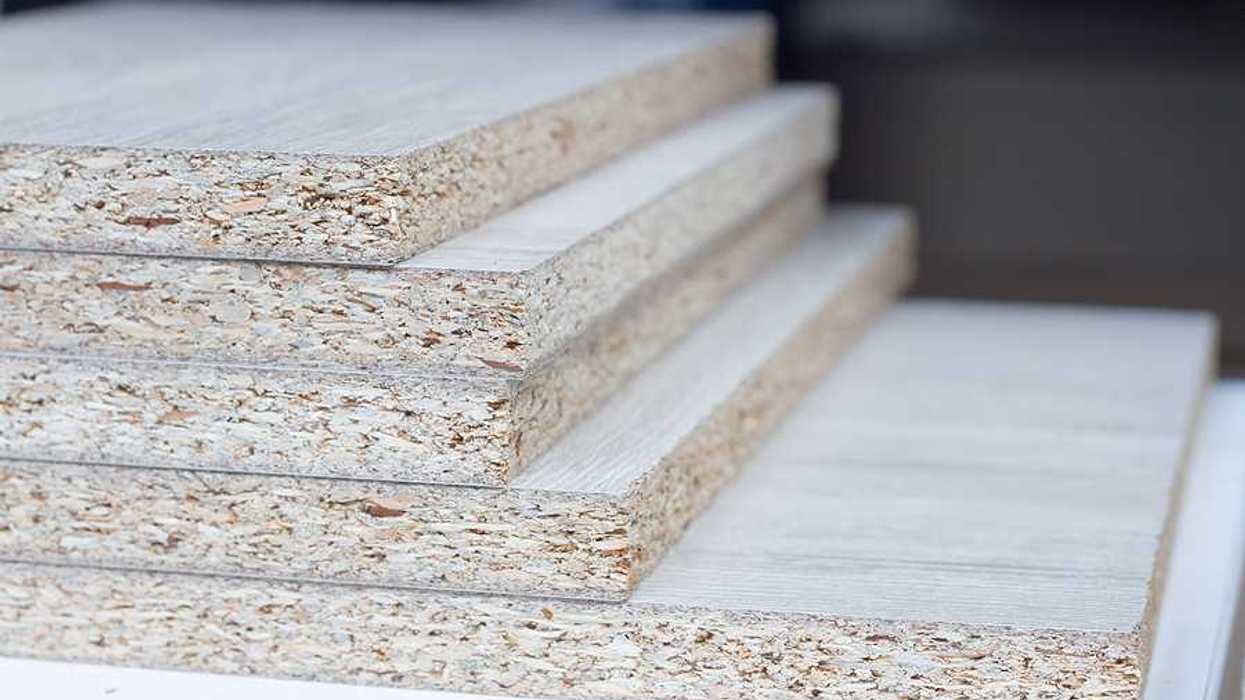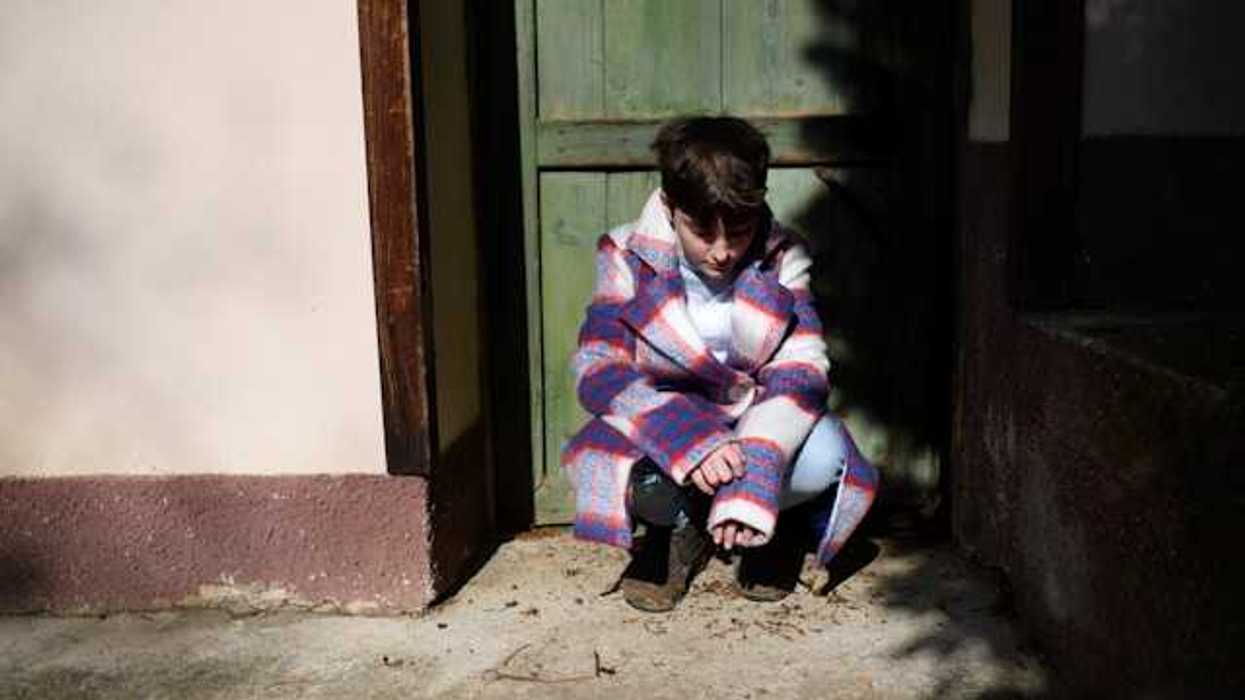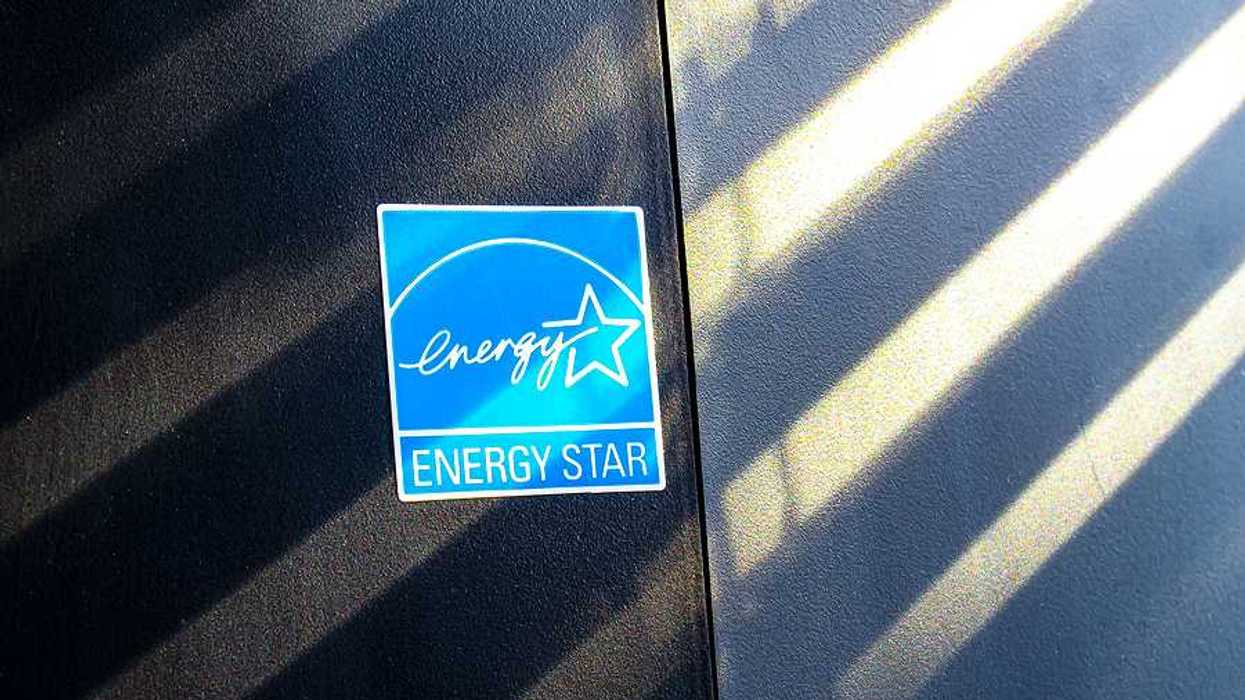On March 1, EHN published Fractured, a 4-part series documenting the results of a two-year study on fracking and health, which found high levels of toxic chemicals in the bodies of Pennsylvania families in fracking communities.
In response to the reporting, 35 lawmakers representing both the state House and Senate issued a public letter calling on Pennsylvania Governor Tom Wolf to take "immediate action in response to the ongoing harm" from fracking.
EHN reached out to 37 other local and state lawmakers who didn't sign the letter to share our findings and request a response. State Rep. Ed Gainey was among them.
Democrat Ed Gainey has represented District 24 in the Pennsylvania House of Representatives since 2013. District 24 encompasses part of Allegheny County including parts of the Pittsburgh neighborhoods of Wilkinsburg, Highland Park, Garfield, East Liberty, Belmar and Point Breeze.
Rep. Gainey is also running for mayor of Pittsburgh in the November 2021 election.
EHN reporter Kristina Marusic connected with Rep. Gainey to discuss Fractured, and to learn more about his position on fracking.
EHN: What would you say to the parents who learned through this investigation that their children had off-the charts levels of exposure to harmful chemicals, and to other families who live near fracking wells and are concerned for their health after reading this report?
Gainey: I would say the report is alarming. It definitely gives rise to the idea that we need to pay closer attention to what's going on. I would tell the families that this information [about their exposures] is good to know, and that we're praying none of their loved ones get sick or die.
This is why we have to have a transition from fossil fuels and fracking to more clean energy jobs. In some places we know that green jobs are outpacing fossil fuel jobs. I think the next step for the state of Pennsylvania and this region is to start a pilot program where we begin to transition workers from traditional fossil fuel jobs to new green, clean jobs so people can visualize what that transition would look like.
I think that even though people may understand the dangers of fracking—like the ones you laid out in your report, which are clear and startling—people will still do whatever it takes to go to work to feed their families. We've seen that this year. Even in the midst of a horrible pandemic, people still had to go to work to feed their families, even if it put them at risk. That's why I think we need to talk about a pilot program that could retool the skills these workers have to get them into jobs where they're able to stay healthy, get good pay, feed their families, and take care of the environment instead. That's what changes minds. The beauty of your report is that it does open the door for that type of dialogue.
Education about these things is really important. Sometimes when we're in the midst of learning about these things that impact vulnerable communities, whether urban or rural, we assume that people in those communities also know, but a lot of times they don't. It's difficult for people with kids who are working two or three jobs to get to environmental meetings where people are talking about this kind of stuff, and sometimes we as environmentalists end up just talking to ourselves about these things. I'm asthmatic but I never understood how the quality of air in the neighborhood I lived in as a child impacted my asthma. My mother didn't know either. It wasn't until I got older that I understood there are a lot of kids just like me in urban areas and that air pollution plays a role in that.
I didn't know everything you shared about your report—you just educated me about some things—but for people in these vulnerable communities who are just going about their day to day activities, they might not understand the things that are jeopardizing their health, just like I didn't as a child. We have to begin to talk to people where they're at to educate them about these things and go beyond just inviting them to a meeting. That's why we have to offer opportunities to try green jobs and show people what else is possible.
Editor's note: Here, Rep. Gainey asked whether EHN reporter Kristina Marusic had encountered groups interested in doing this type of work in the course of her reporting, and she shared a list of local organizations that are engaged in similar work.
EHN: How often do you hear concerns about the health impacts of fracking from the communities you serve? How have you attempted to address those concerns?
Gainey: There's no fracking in my district as of now. And I do know my constituents don't want any.
EHN: In light of these new findings, do you think that policymakers in Pennsylvania are currently doing enough to protect people who live near fracking wells and related infrastructure?
Gainey: That's a good question. And it's hard for me to answer. From my perspective we probably need to be doing more, but that's easy for me to say. For my colleagues who live out in those areas and that's how their voter base makes a living, they'll probably see it differently. ...They may not be willing to say that without getting some type of demonstration that the people they serve will be able to continue going to work.
If we're asking Republicans to get on board with it, I'm not sure how that happens. We have a blue and green committee now and it would be great for them to hear the talks we have there to see if there would be an appetite to move green jobs forward. It makes a difference when you're talking about a Democrat-held state House and Senate compared to Republican-held, but we should absolutely start these conversations now, because it's not always going to be this way in PA [with a Republican-controlled legislature]. The more we make this a priority now, the easier it will be to move things forward once that balance changes.
EHN: Do you support the development of petrochemical facilities in the region? If so, how do you respond to concerns that this industry will create demand for many additional fracking wells, which could lead to dangerous exposures and negative health impacts for Pennsylvanians?
Gainey: I wish there was a different way we could do things. Again, people will always go to work to take care of their families so we have to demonstrate that we can move to clean, green jobs—we can't just get people to change their minds conceptually. So as much as I believe petrochemical facilities do damage, and there's no question about that, if I'm in Aliquippa talking to reps out there, it's about hundreds of people going to work. Even if they are putting their lives in danger. We've seen that with the steel mills, too.
EHN: Is there anything else you'd like readers to know about your response to these findings?
Gainey: As environmentalists, we've done a great job of defining the health risks associated with fossil fuels and the petrochemical industry, but I don't think we've done a great job defining the need for green jobs and demonstrating that they can work in Pennsylvania. I don't think we talk about it enough or imagine what the economy would look like if we brought those industries in. We should be looking at other states and saying look how much revenue they're bringing in with these healthy jobs that are uplifting low-income communities. We need to talk about the whole pathway from poverty to empowerment through green jobs.
Banner photo: State rep Ed Gainey. (Credit: Wikimedia Commons)



